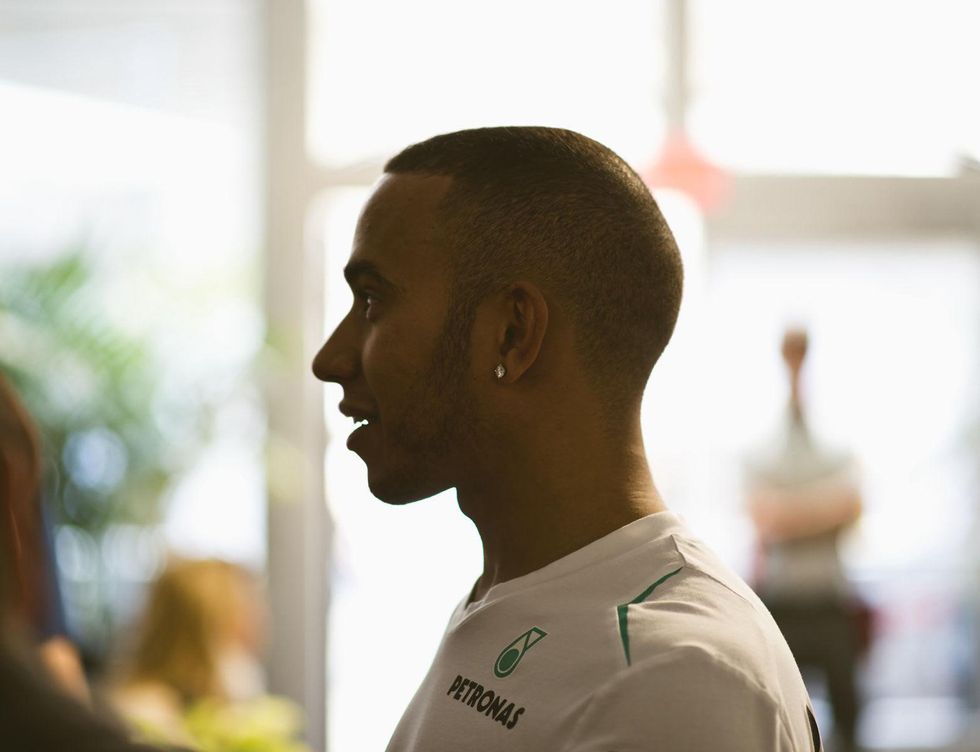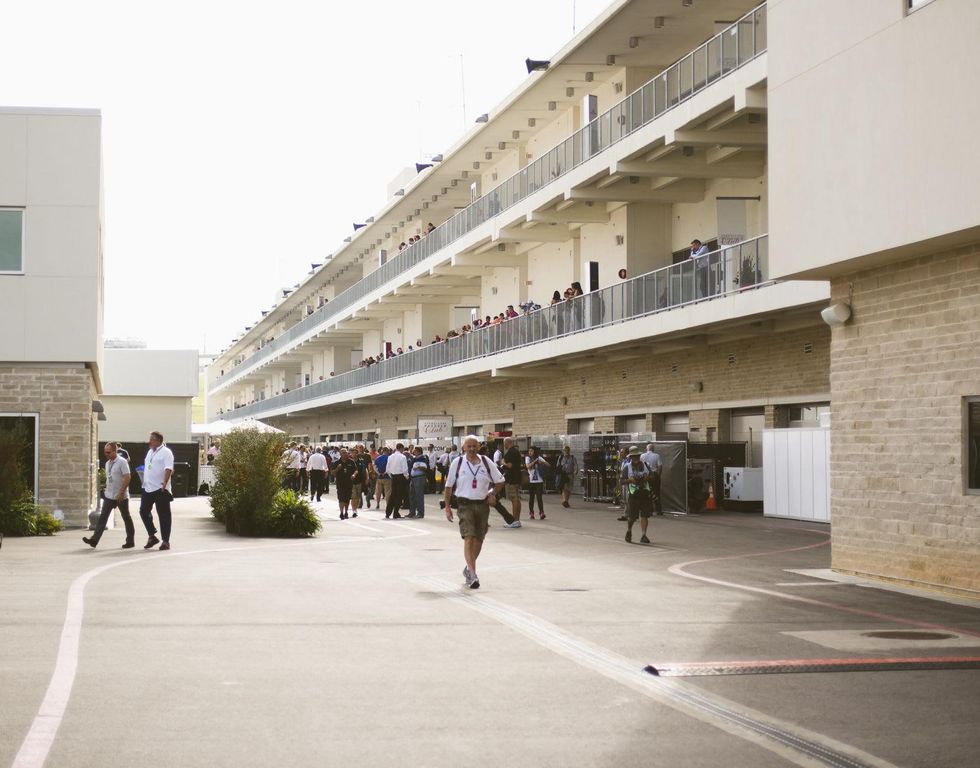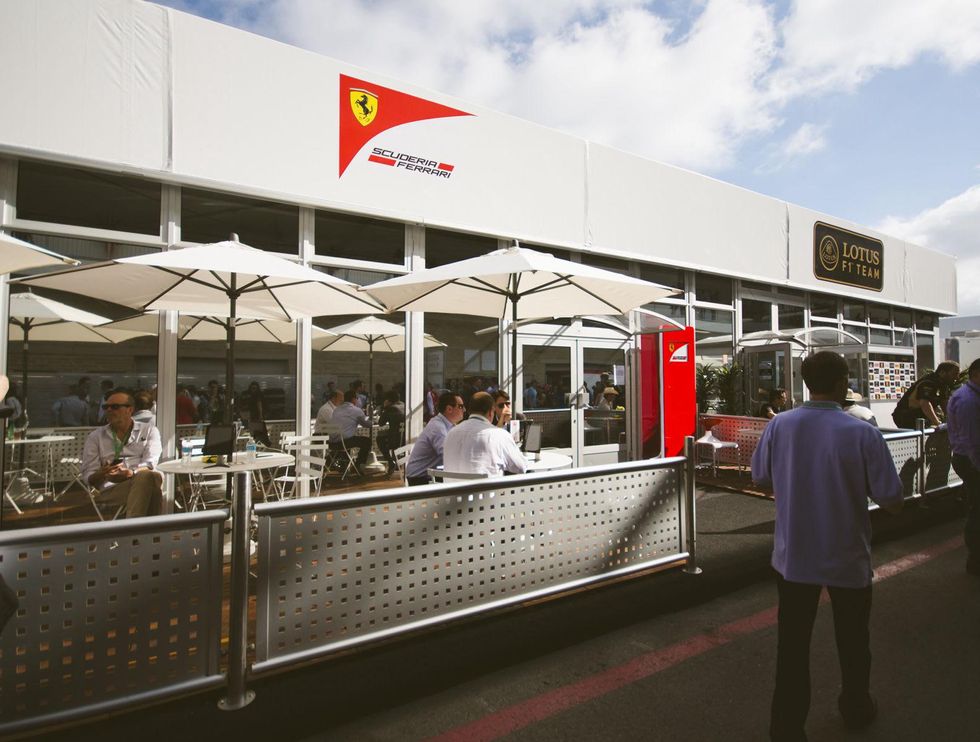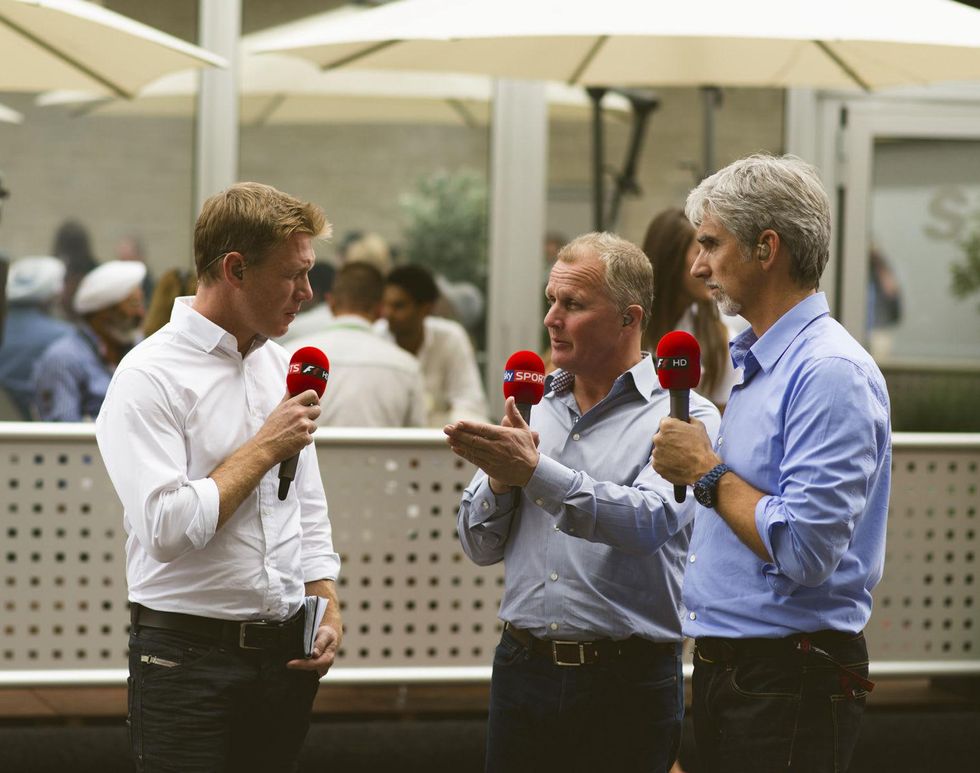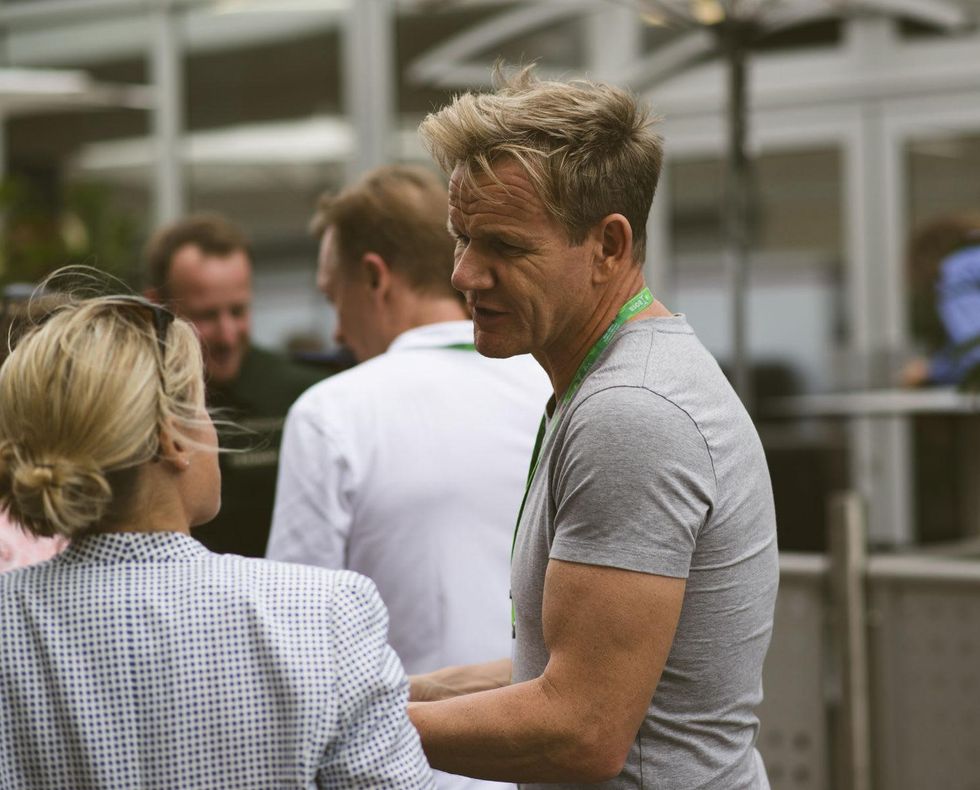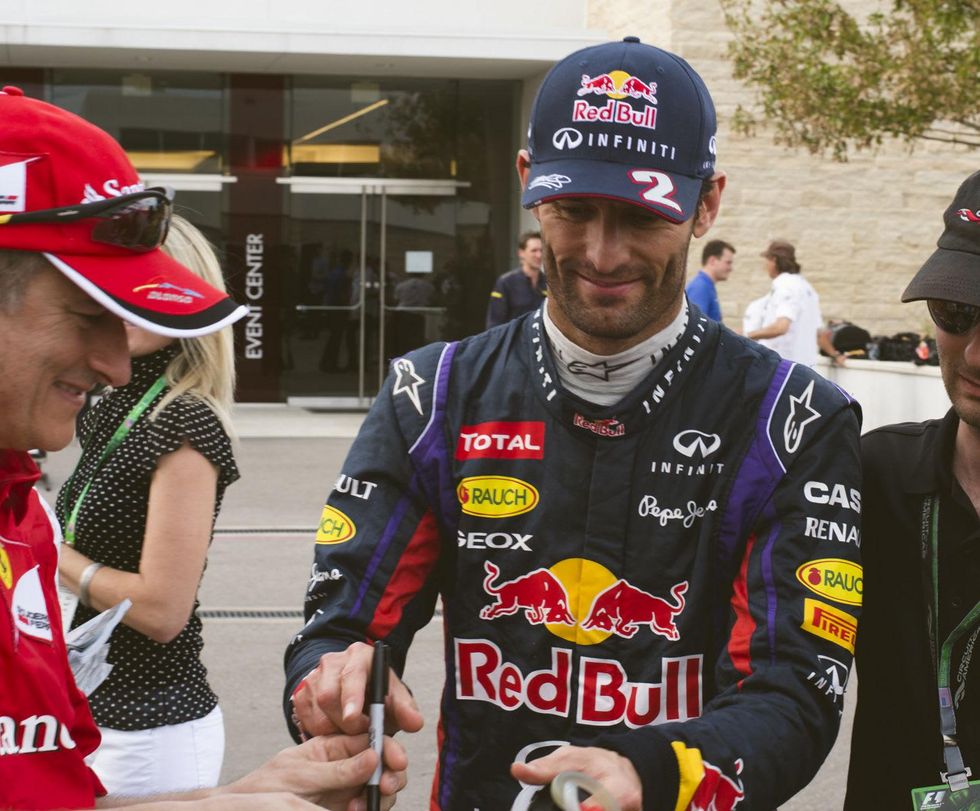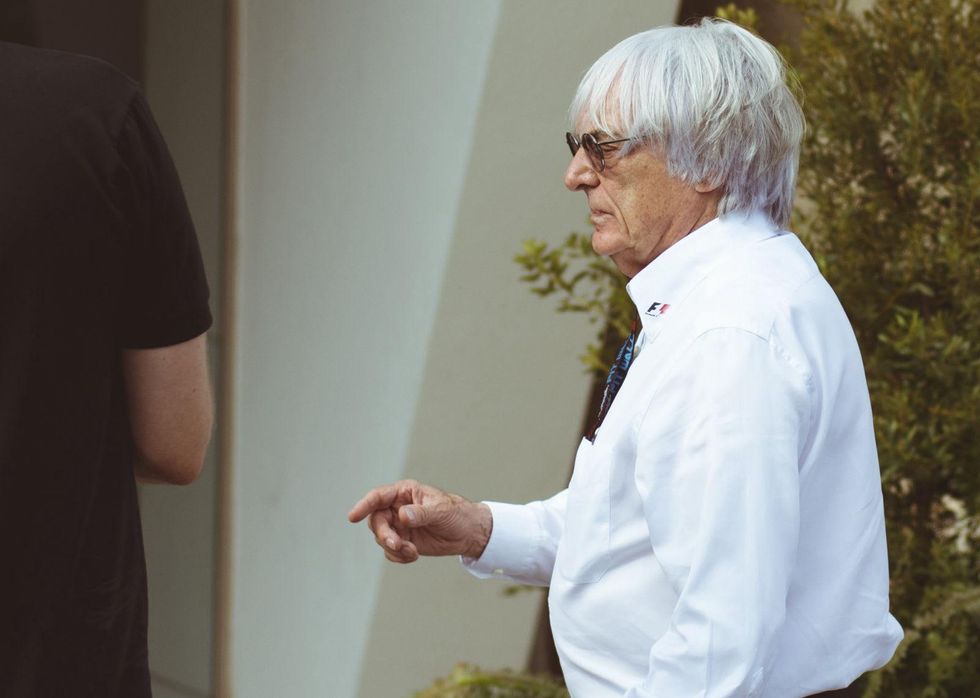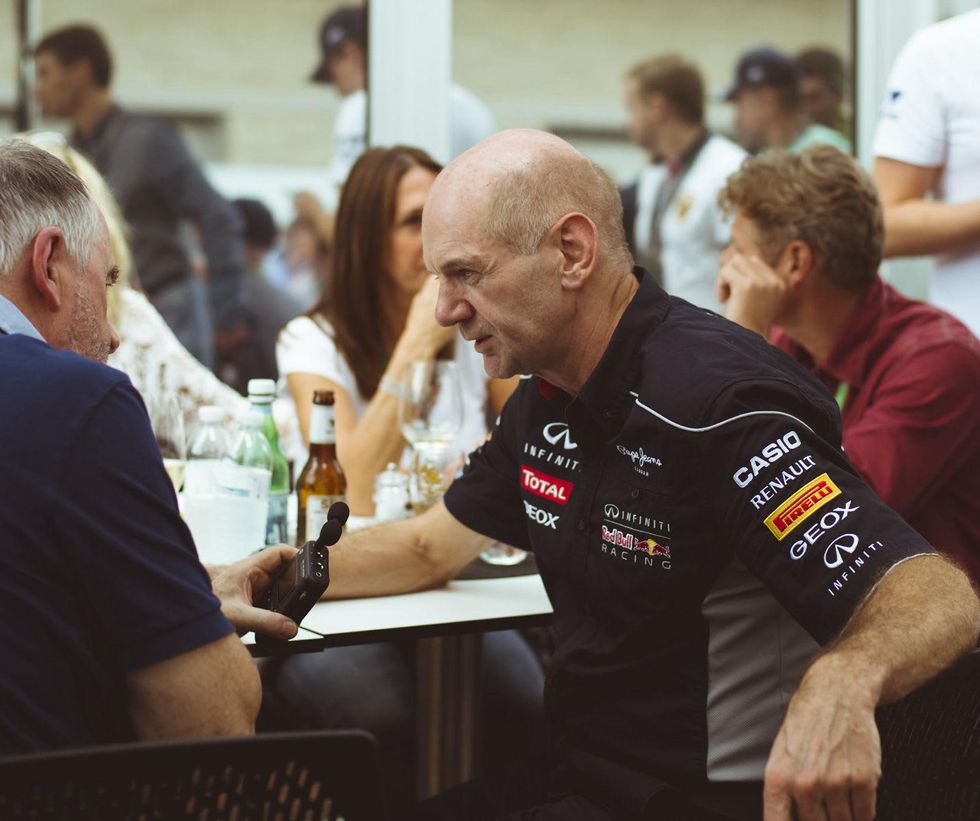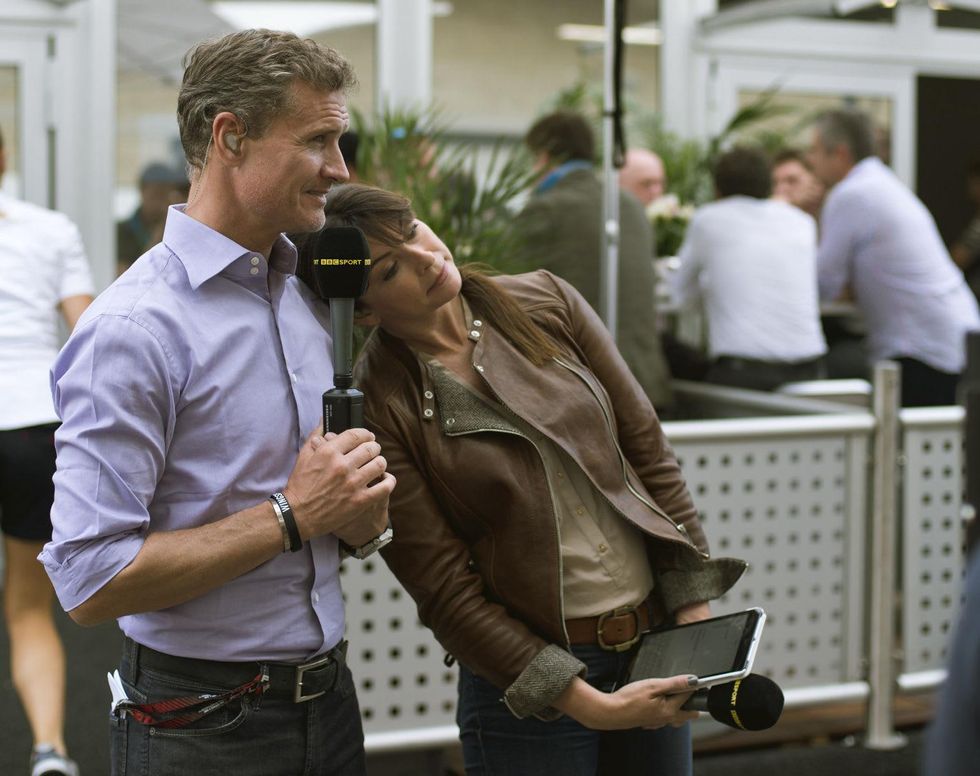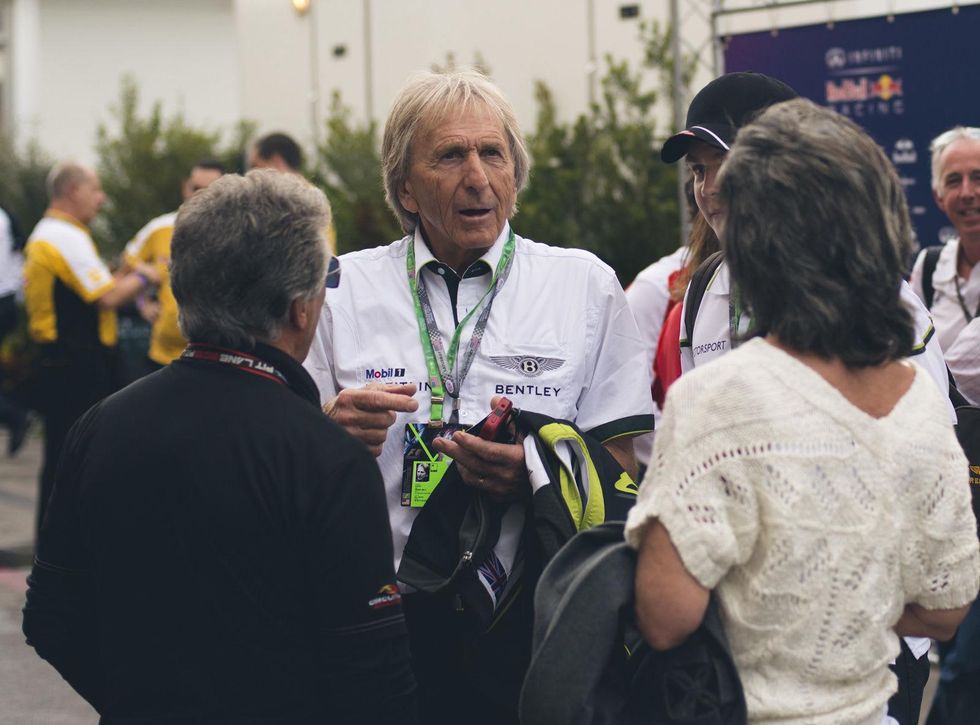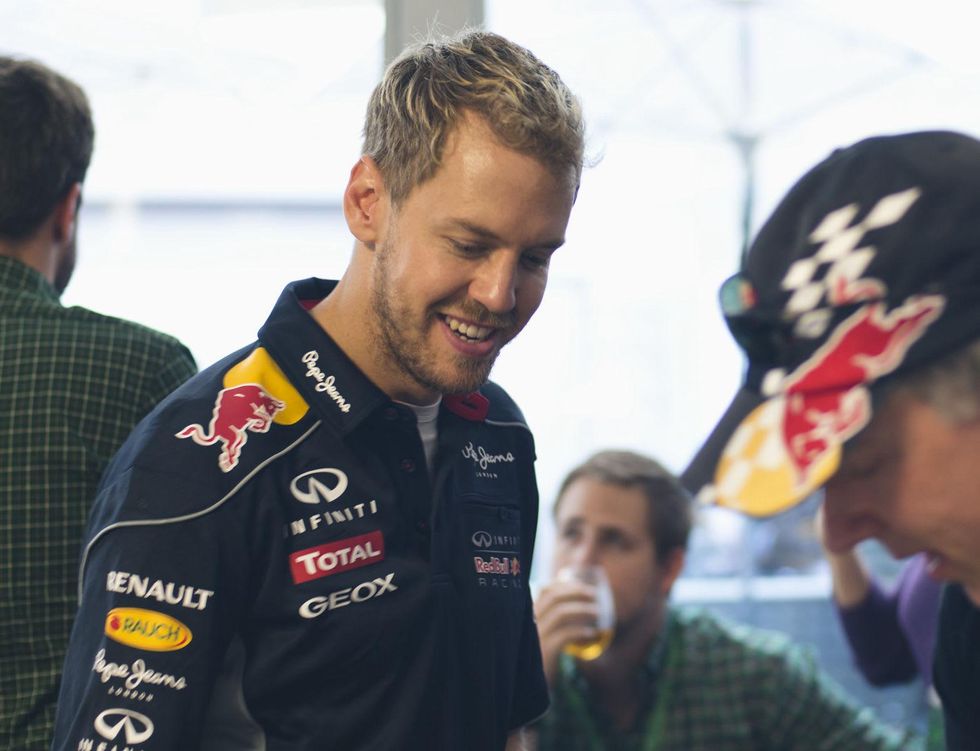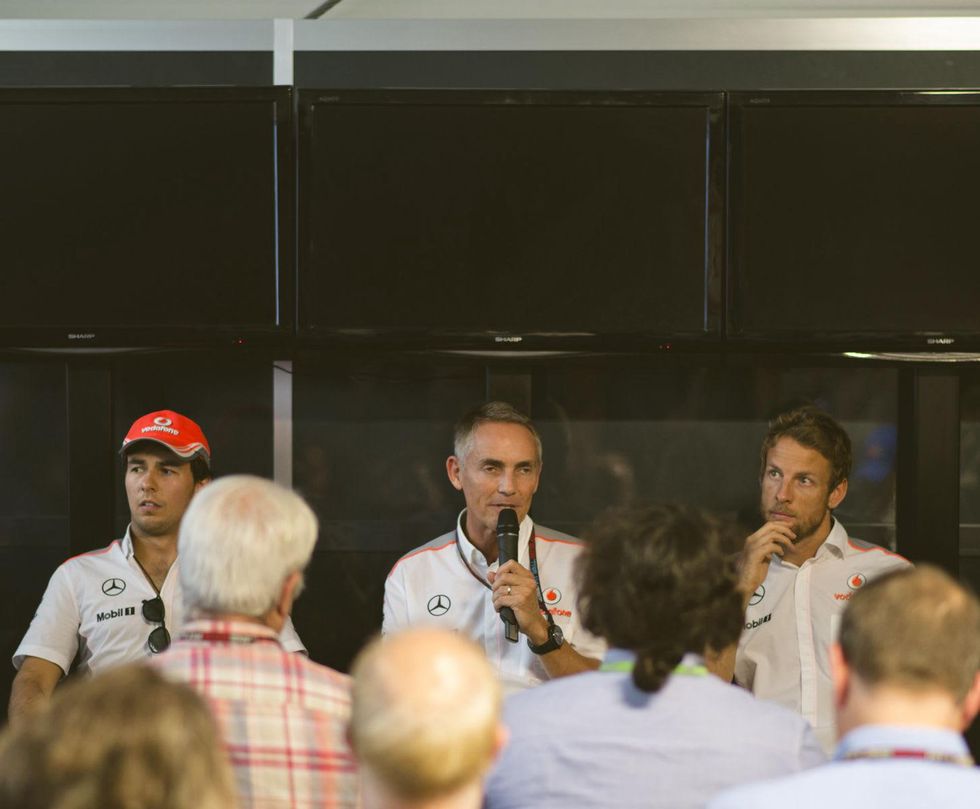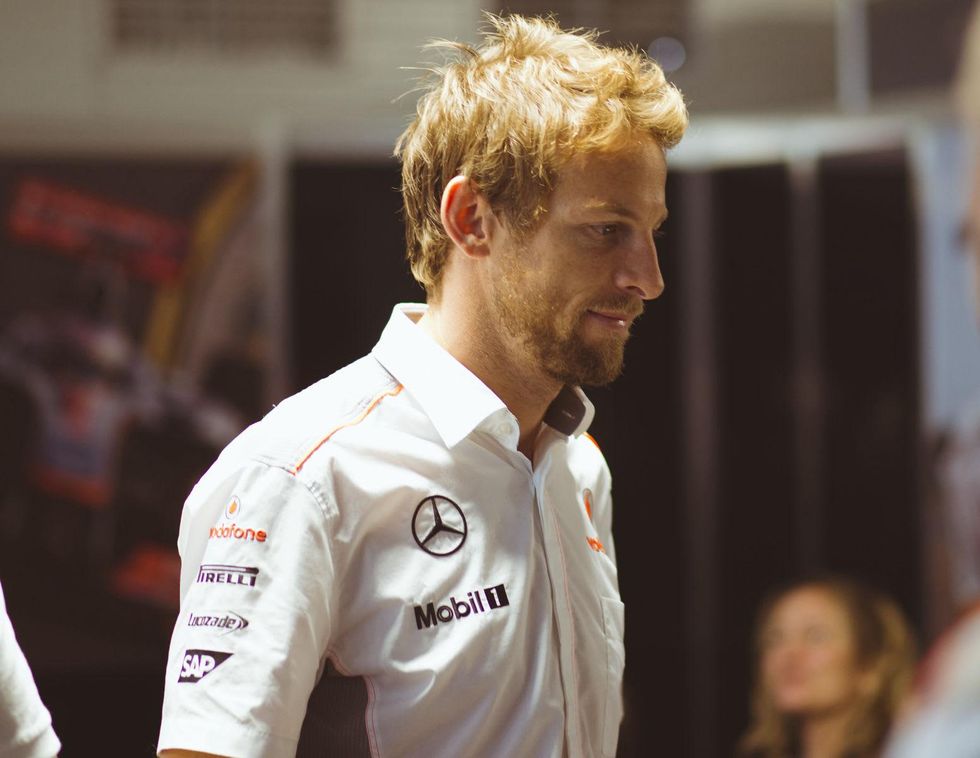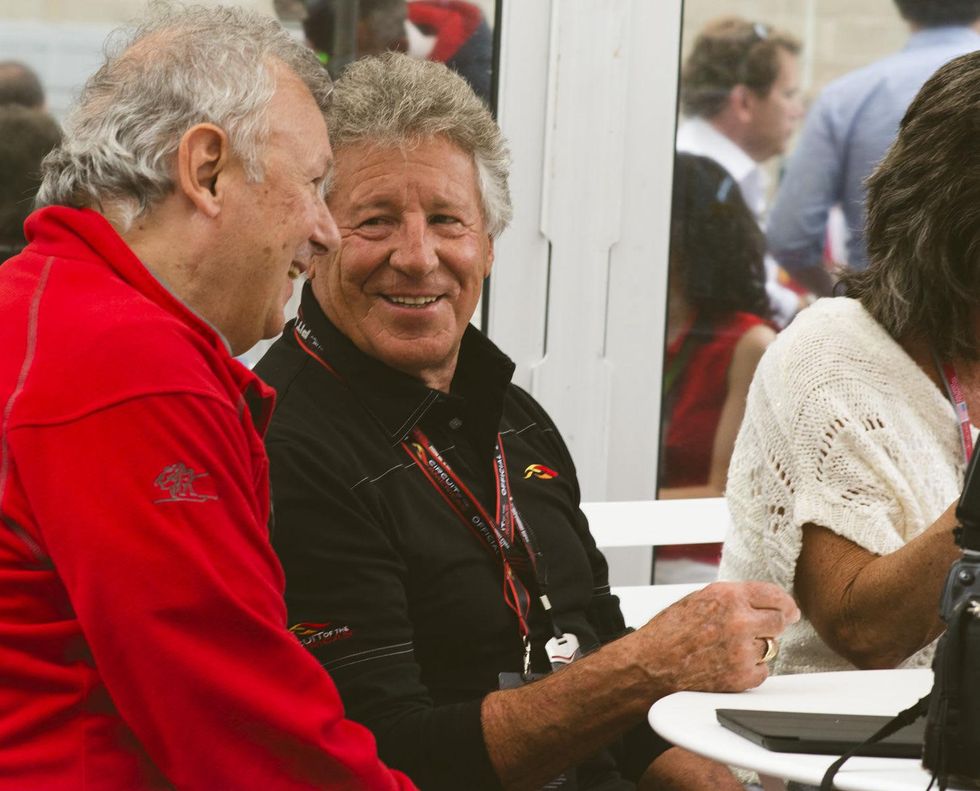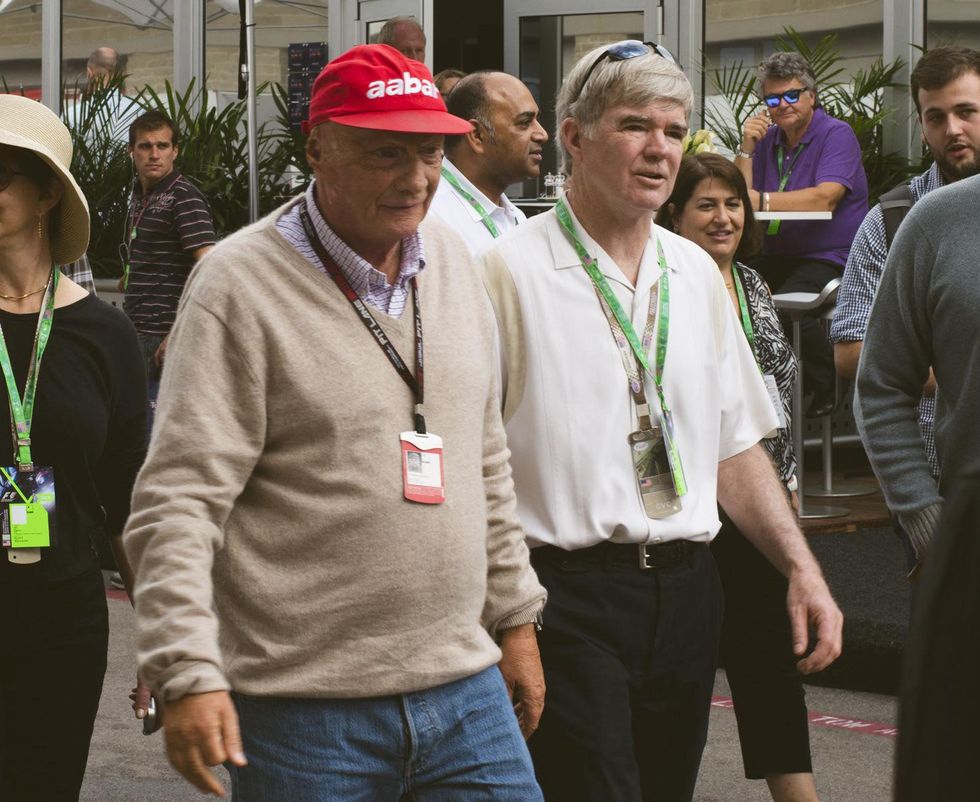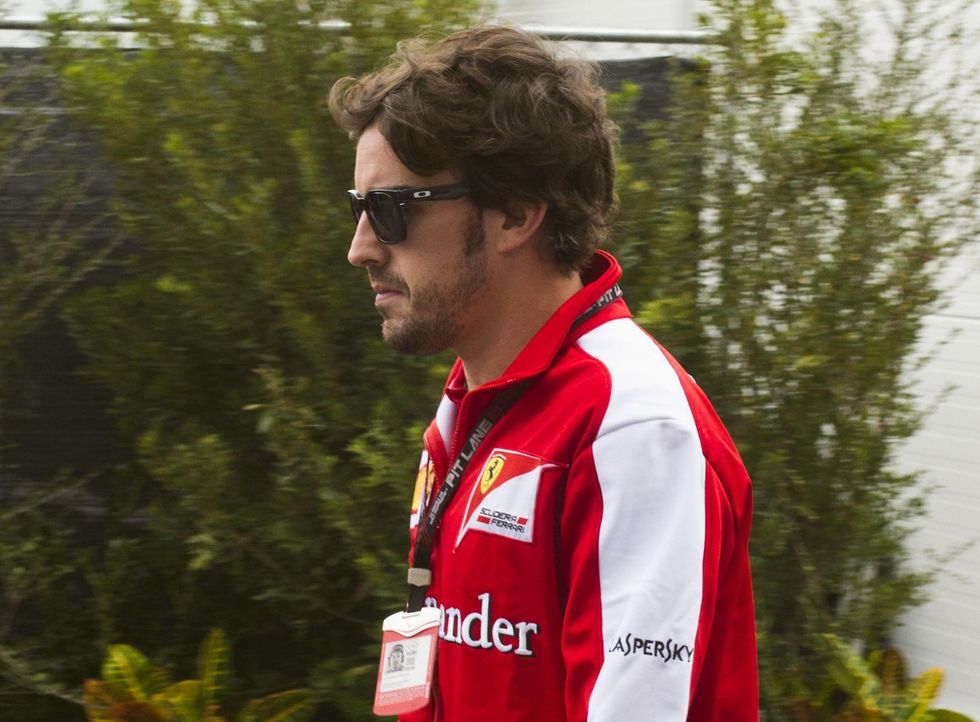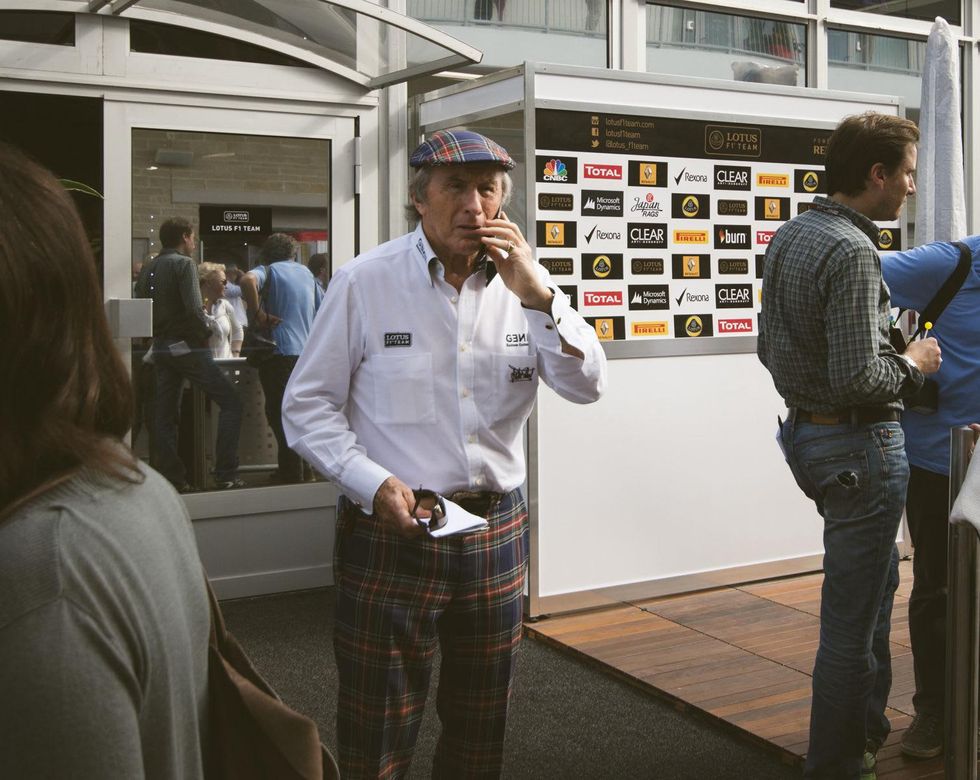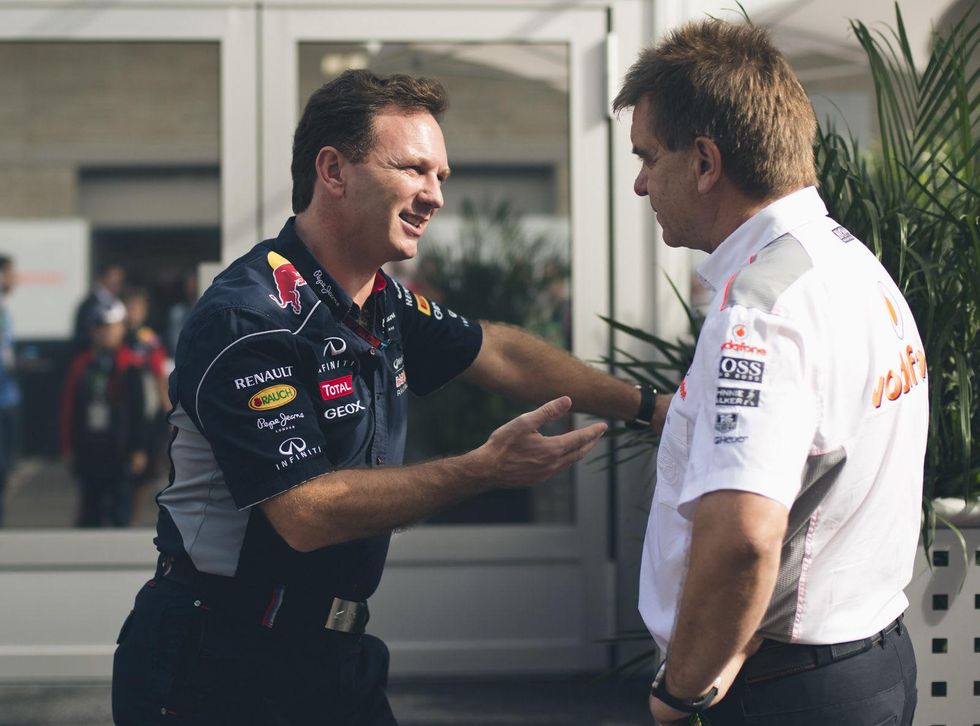Sebastian Vettel seems to have his name firmly affixed to the number-one spot in Formula One these days — so it came as no surprise that the 26-year-old German star claimed victory in yesterday’s season-ending Brazilian Grand Prix.
The reigning world champion extended his unbeaten run to a record nine races, equaling the 1953 standard of Alberto Ascari.
The Brazilian Grand Prix always presents something of a carnival "end of term" feel to F1 proceedings, sitting at the end of the calendar as it does. This year’s event was more poignant than ever, as the sport bade farewell to Australian Mark Webber, driving in his final race after entering the sport as a young tail-ender in 2002.
Vettel’s domination of the sport has been a continuous theme since August.
Webber progressed from fourth on the start grid to second at the checkered flag but couldn’t quite overturn the deficit to teammate and nemesis Vettel, who drove a measured race to secure his first victory in Brazil since 2010. Fernando Alonso completed the podium trio, while the McLaren teammates Jenson Button and Sergio Perez managed the best result of the year for their team in fourth and sixth places, respectively.
The race got under way in dry conditions, but rain threatened to put in an appearance and mix up proceedings. A light shower did materialize in the final 10 laps or so but never became intense enough to warrant emergency pit stops for wet-weather rubber.
Vettel’s domination of the sport has been a continuous theme since August, when the German took victory in the Belgian Grand Prix at Spa Francorchamps; a great many critics and experts alike put the unbridled winning streak down to a change implemented by manufacturer Pirelli in their tires after a series of failures at July’s British Grand Prix.
In the early part of the season, Vettel managed three race wins — but there were also two victories apiece for Fernando Alonso and Nico Rosberg and a single win for Kimi Raikkonen and Lewis Hamilton. The alterations — specifically in the construction and durability of the rubber — are credited for the sudden upswing in form that carried Vettel to his fourth title in four seasons.
2014 will provide the world champion and his elite team with their greatest challenge yet, with the V8 era ending in favor of smaller, more economical V6 powerplants. Regulations governing car design are also changing, with Adrian Newey’s 2009 RB5 unable to continue as the basis for the all-conquering cars of 2010-2013 thanks to alterations in the front win, exhaust systems and battery boost packs.
Oh, and there are 21 other men, all hungry to stop him, too.
